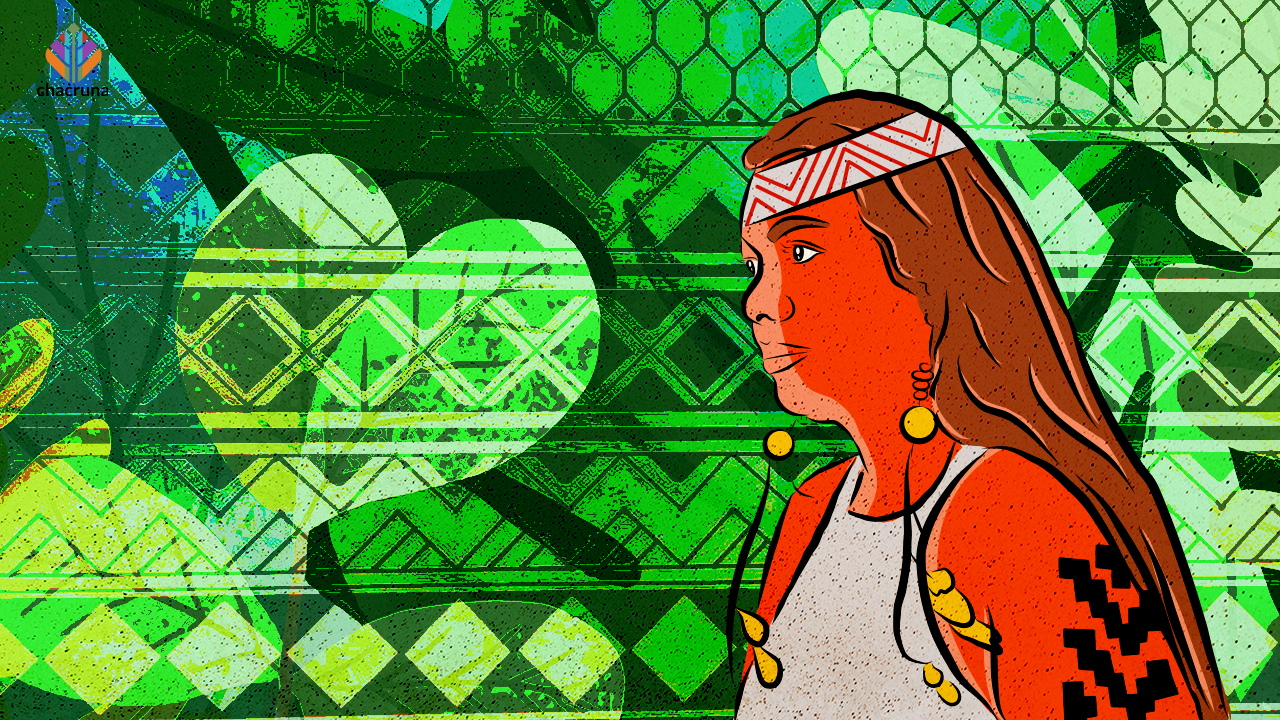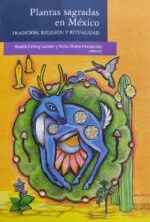- Press Release – Chacruna Receives $150,000 Grant from Kindred Trust - June 10, 2025
- Events Production Internship (OPEN) - June 10, 2025
- Course: Roots of Psychedelic Therapy: Shamanism, Ritual and Traditional Uses of Sacred Plants - June 6, 2025
The Chacruna Institute would like to express its position on the recent report published by the Metrópoles website, which questioned the participation of Fernanda Kaingáng, Director of the Museu Nacional dos Povos Indígenas (National Museum of Indigenous Peoples) in Brazil, at the Psychedelic Culture 2025 Conference (PCU25), held on March 29 and 30 in San Francisco, California, and organized by the Chacruna Institute for Psychedelic Plant Medicines. The report disregards the importance of the presence of Indigenous leaders in spaces of international debate and perpetuates a narrative that marginalizes and invisibilizes the voices of Native peoples in essential discussions about traditional knowledge and policies related to the use of psychedelic substances.
The psychedelic renaissance has broadened the discussion on the regulation and use of psychoactive plants, but this debate cannot take place without the proactive participation of Indigenous peoples who have held this knowledge for centuries. The Chacruna Institute reaffirms its commitment to valuing Indigenous leaders and advocating that they should be present not just as guests, but as vital agents in the formulation of policies and the development of guidelines that directly impact their cultures and territories.
The Chacruna Institute reaffirms its commitment to valuing Indigenous leaders and advocating that they should be present not just as guests, but as vital agents in the formulation of policies and the development of guidelines that directly impact their cultures and territories.
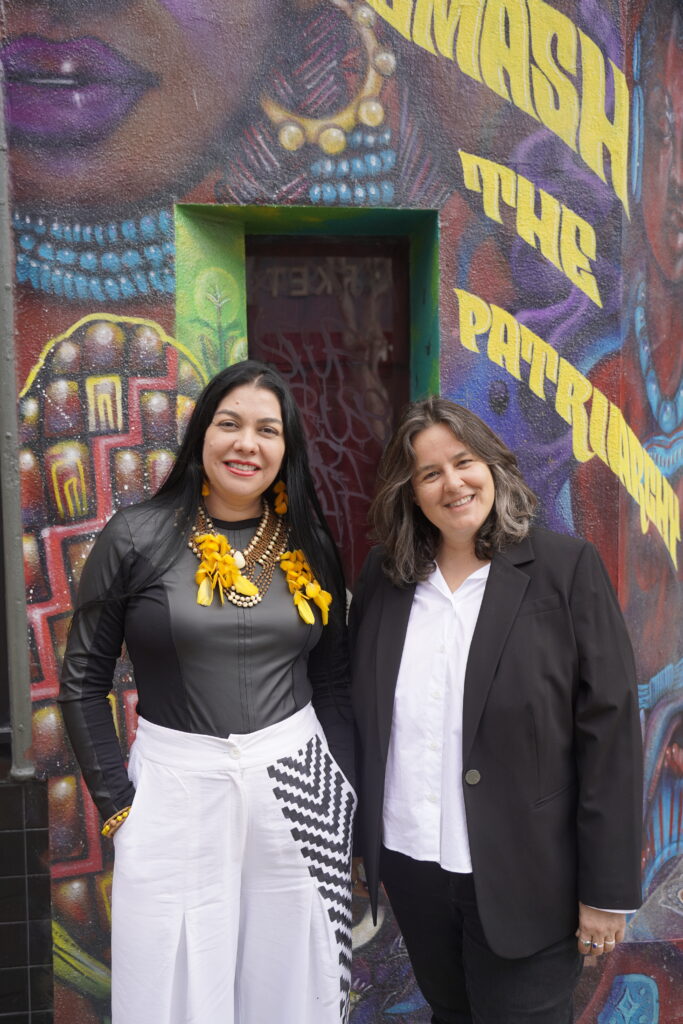
Fernanda Kaingáng’s presence at the conference reflects a broader commitment by the Brazilian state to defending the rights and self-determination of Indigenous peoples in a context of increasing exploitation of their knowledge by the Global North. The event provided a space for international dialogue, allowing for the establishment of new collaborations, contact with Indigenous people from North, Central, and South America, and the exchange of experiences on the challenges and possible paths forward in the face of the growing commercialization of traditional knowledge about flora, including plants with psychoactive properties. More than just an academic meeting, the conference is a strategic space for advancing political alliances and strengthening the Indigenous cause on a global scale.
PCU25 was attended by ten Indigenous representatives, as well as the lawyer Kaingáng, reinforcing the diversity and breadth of this protagonism. Among the speakers were: Ana Lisbeth Bonilla Carillo (Wixárika/Huichol), Andrea Taahaabaah Twitchell (Diné/Navajo), Deenaaleee Chase Hogdon (Deg Xit’an Dene and Yupik/Sugpiaq), Kanyon Sayers-Roods (Ohlone-Mutsun and Chumash), Leopardo Yawa Bane (Huni Kuin), Lila Lopez Sanchez (Shipibo-Conibo), Panshin Nima Walter López (Shipibo-Conibo), Osiris García Cerqueda (Mazateco), Regina Randall (Athabaskan), and René Alvarado Martínez (Mazateco). In addition to the representatives on the agenda, Christine Diindiisi McCleave (Turtle Mountain Anishinaabe/Ojibwe), a member of the Colorado Federally Recognized American Tribes and Indigenous Community Working Group, was unable to attend the conference at the last minute due to health issues. This representation demonstrates the event’s commitment to including and valuing Indigenous voices in a global debate that is essential to their rights and cultures.
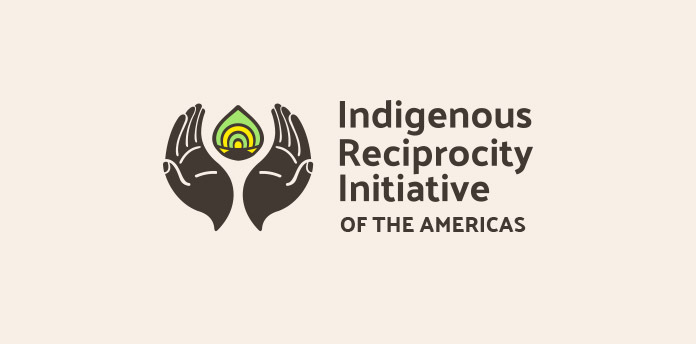
Discover the Indigenous Reciprocity Initiative of the Americas
During PCU25, Fernanda Kaingáng participated as an Indigenous expert in the field of traditional knowledge and genetic resources in panel discussions on key issues such as Indigenous reciprocity, biocultural conservation, and the protection of traditional knowledge. At the conference, the Director of the National Museum of Indigenous Peoples defended the need to affirm rights enshrined on the international stage, such as free, prior, and informed consent and the sharing of benefits—both monetary and non-monetary—for the use of traditional knowledge and genetic resources that are part of sacred rituals and traditional cultural expressions that must be protected. These debates are essential for Indigenous peoples to be able to participate in decision-making processes that affect their territories, cultures, and spirituality.
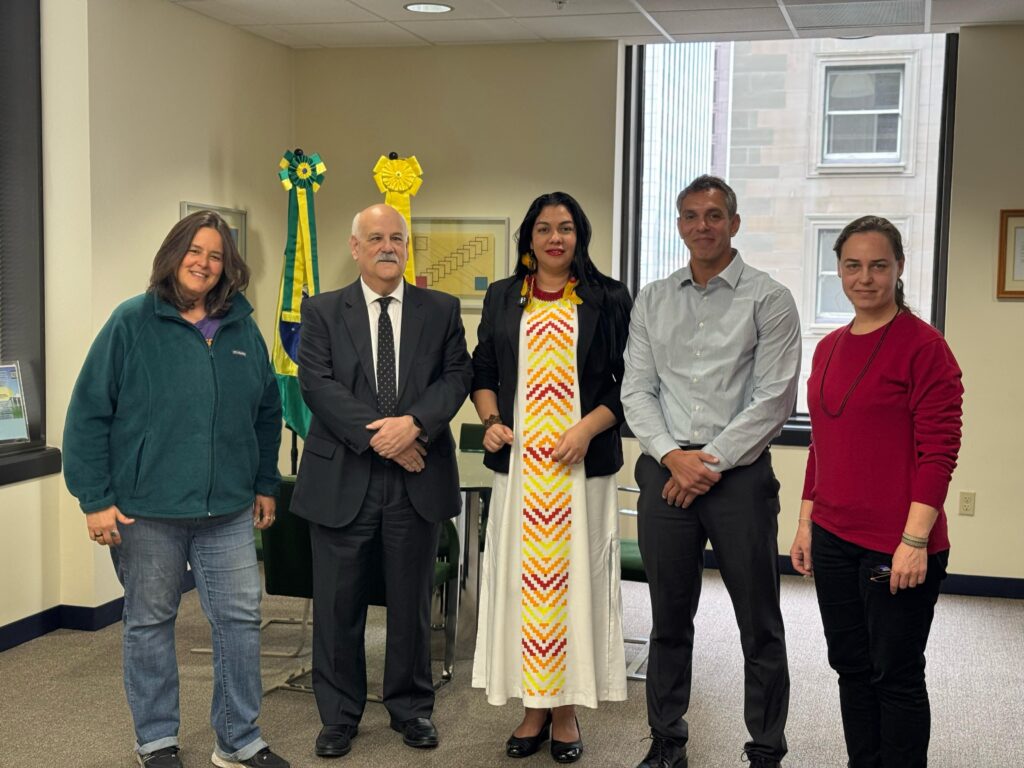
Discussions on these issues have already transcended national borders, and the adequate protection of Indigenous peoples’ rights requires the expansion of dialogue so that their demands and positions echo in this global debate. It is worth remembering that her trip went beyond the conference, taking on a broader scope after a dialogue at the Brazilian Consulate in San Francisco on possible developments for COP-30 of the Framework Convention on Climate Change, which will take place in November in Belém do Pará. The meeting—which had the support of the Guimarães Rosa Institute, linked to the Brazilian Consulate in San Francisco—not only provided a space to discuss fundamental issues for the Indigenous movement but also contributed to strengthening institutional alliances with Indigenous peoples.
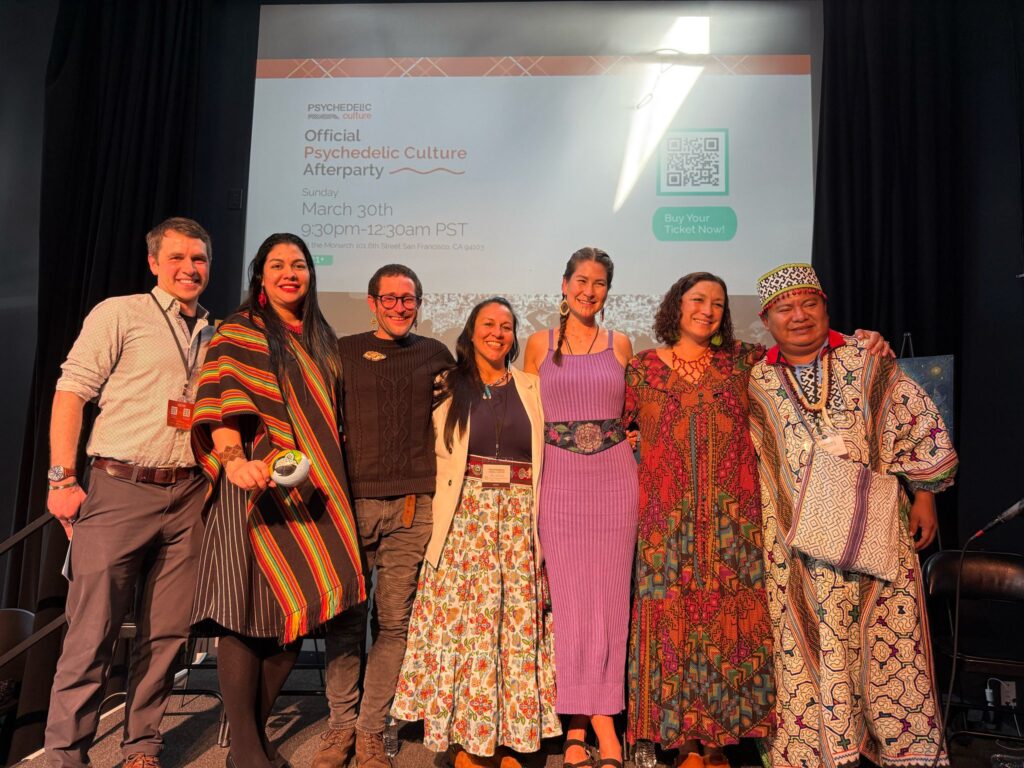
By treating the trip of the Director of the National Museum of Indigenous Peoples in a superficial way, the approach of the Metrópoles report ignores the relevance of this protagonism and disregards the efforts to ensure that international decisions on traditional knowledge are guided by respect, equity, and the self-determination of Indigenous peoples. In addition, disqualifying the presence of Indigenous leaders who are, for the first time, part of the Brazilian government in an international discussion space only contributes to reinforcing historical structures of exclusion, perpetuating the marginalization of their voices in debates in which they should be protagonists.
The Chacruna Institute reasserts its position in defense of Indigenous representation and protagonism in policy-making spaces and global decisions on traditional knowledge and the use of psychedelics, in exercise of the principle of Indigenous peoples’ free determination over their material and immaterial cultural heritage.
The Chacruna Institute reasserts its position in defense of Indigenous representation and protagonism in policy-making spaces and global decisions on traditional knowledge and the use of psychedelics, in exercise of the principle of Indigenous peoples’ free determination over their material and immaterial cultural heritage. It is essential that the media treat this issue with the seriousness and responsibility it demands, recognizing the importance of Indigenous participation in these debates and ensuring that their perspectives are duly considered and respected, in keeping with the objectives of sustainable development, according to which no one is left behind.
Read Lucid News‘ coverage of Psychedelic Culture 2025, in “Collective Resistance and Resilience at Psychedelic Culture Conference.”
Art by Mulinga.
Take a minute to browse our stock:
Did you enjoy reading this article?
Please support Chacruna's work by donating to us. We are an independent organization and we offer free education and advocacy for psychedelic plant medicines. We are a team of dedicated volunteers!
Can you help Chacruna advance cultural understanding around these substances?


